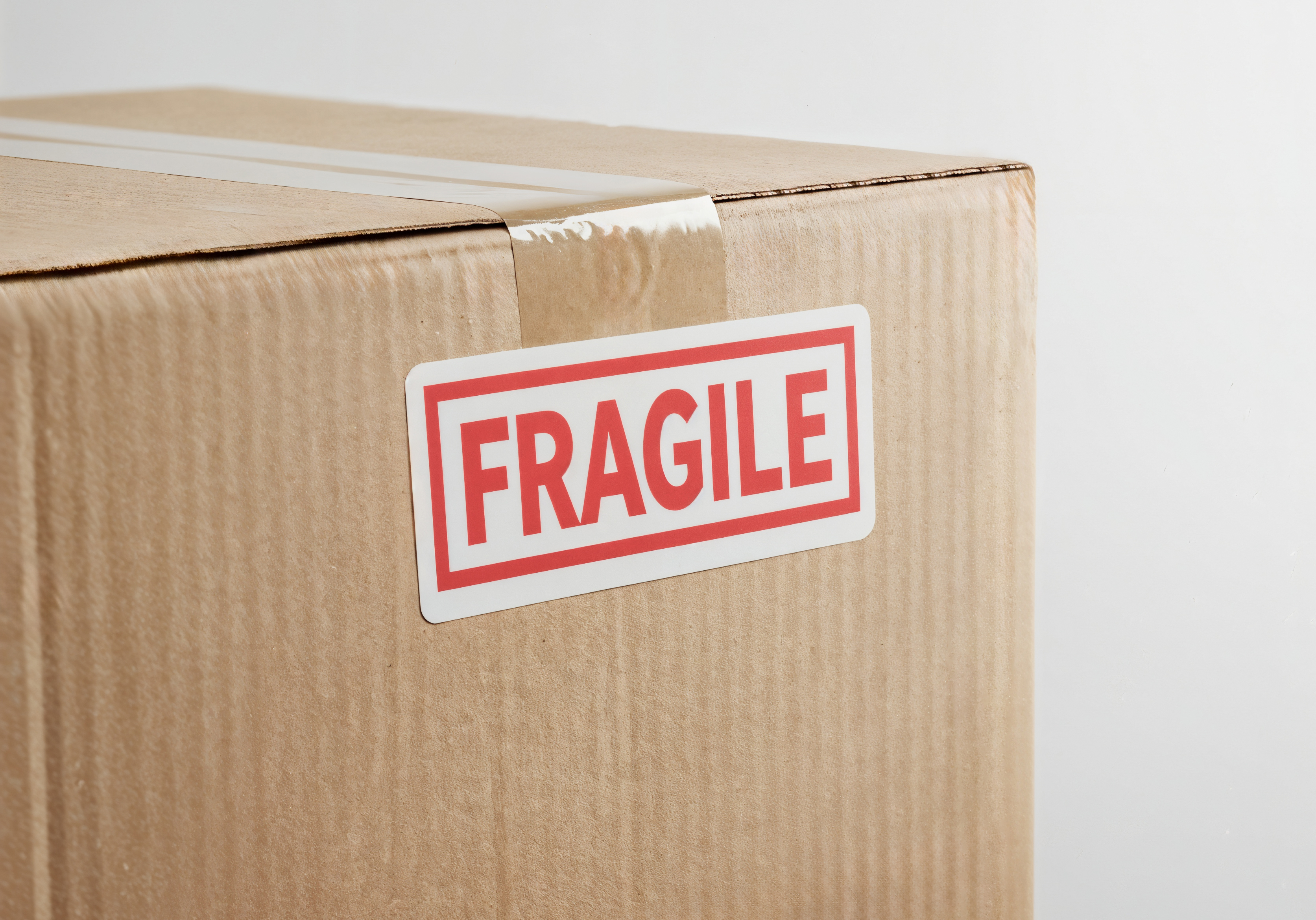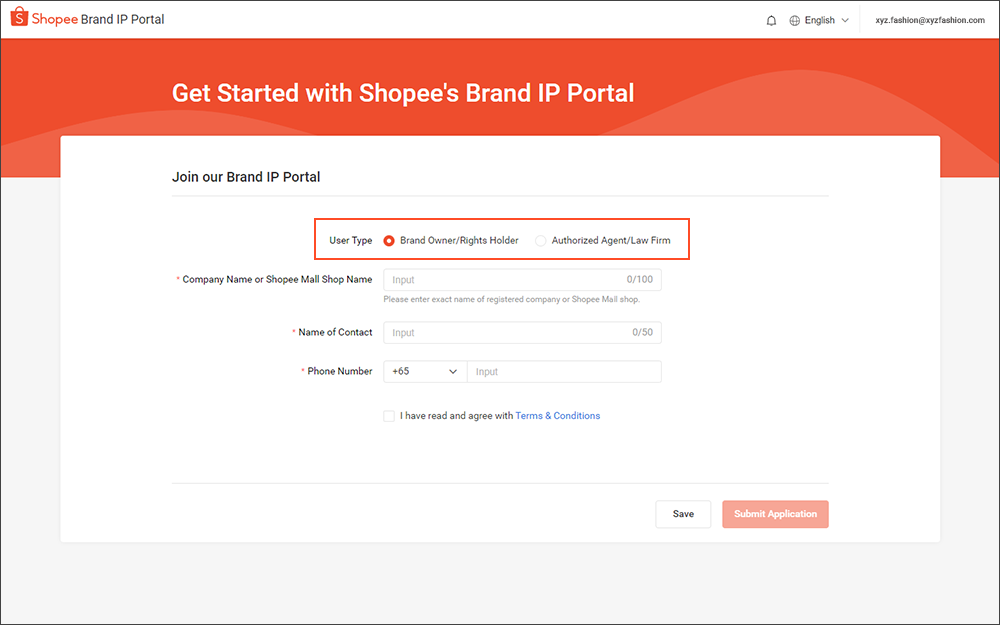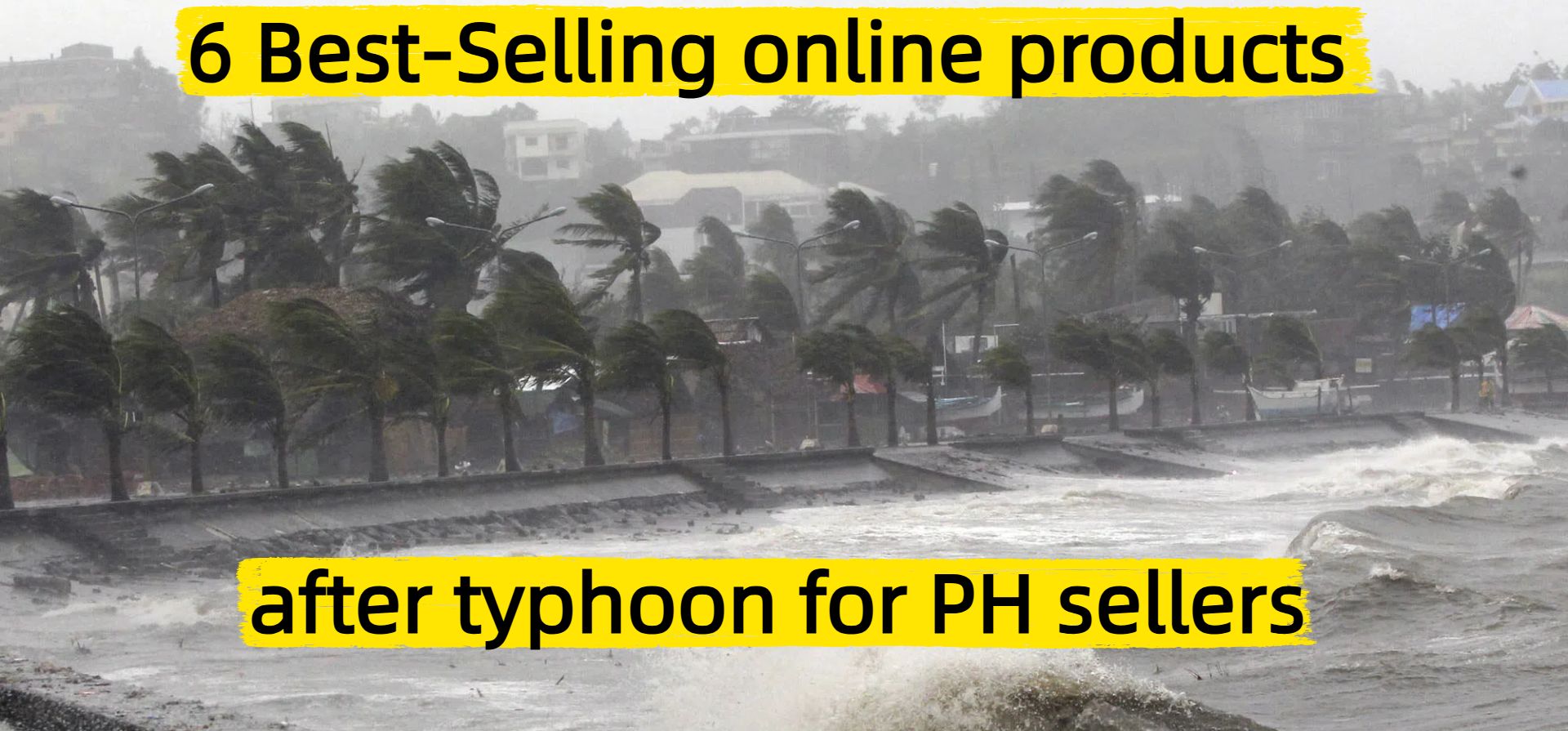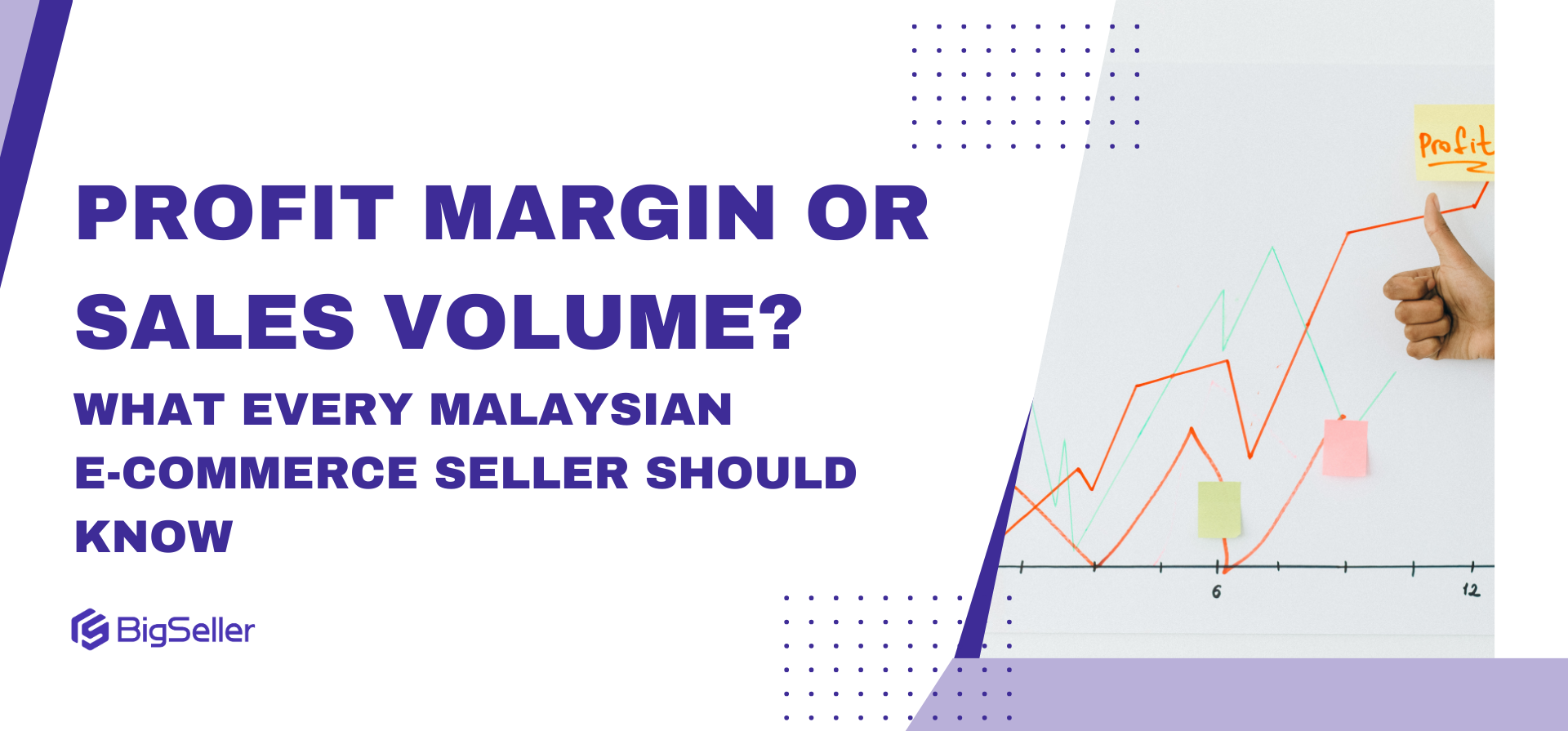High-Risk Products Every E-Commerce Seller in Malaysia Should Know
Erra 24 Sep 2025 05:51ENCopy link & title
Not every product that catches your eye is worth selling. Some items may promise quick sales but hide hidden costs like returns, disputes, or legal headaches that quietly eat into your profits. For Malaysian e-commerce sellers, spotting these high-risk SKUs before listing can save both money and stress.

1. Fragile Products
Fragile items like glassware, ceramics, or delicate electronics often look appealing to sellers because they can be sourced cheaply and have a perceived high selling price. However, these products carry hidden risks that can quickly turn a profit opportunity into a costly problem.
Even with careful packaging, the journey from your warehouse to the buyer’s doorstep is not always gentle. Couriers may handle packages roughly, or items may be stacked under heavy parcels during transit. This means that breakages and damage are almost inevitable unless extra precautions are taken.
How to avoid it:
-
Opt for sturdier alternatives: Consider products made from plastic, silicone, or other durable materials instead of fragile glass or ceramic. These products are less likely to break and reduce risk.
-
Invest in specialised packaging if selling fragile items: Use double-boxing, foam inserts, bubble wrap, or molded packaging to protect items. Always factor these extra costs into your pricing so that you’re not losing money if a small percentage of items get damaged during transit.
-
Test shipping before full-scale listing: Send a few sample orders to yourself or friends to see how products hold up under local courier conditions. This can help you identify weak points in your packaging early.

2. Warranty-Heavy Electronics
Electronics are highly popular among Malaysian online shoppers because they offer convenience, novelty, and often affordable alternatives to branded products. However, many buyers also expect warranties, easy repairs, or instant replacements if something goes wrong.
For sellers, this creates a hidden challenge. Handling warranty claims, troubleshooting defective units, and managing replacement requests can quickly become overwhelming if you don’t have the right systems in place. Even minor complaints, like a device not turning on immediately or a software glitch, can lead to a full refund request.
How to avoid it:
-
Stick to low-risk electronics accessories: Items like phone cases, cables, chargers, and screen protectors are less likely to fail or trigger disputes. These SKUs are easier to manage and have lower return rates.
-
If selling devices, clearly define warranty terms: State explicitly whether you offer warranty, what it covers, and the process for claims. Transparency reduces disputes.
-
Partner with a local service provider: Collaborating with a repair center or service partner allows you to handle defective units efficiently without absorbing the full cost or burden.
3. Legal and IP Pitfalls
While trending products can be tempting, some items come with hidden legal risks. In Malaysia, selling products that infringe on intellectual property (IP) rights or require regulatory approvals can put your e-commerce business in serious trouble. This includes branded goods without authorisation, copyrighted designs, or certain health and beauty products that need official certification.
Even if a product is popular on platforms like TikTok, Shopee, or Lazada, selling items that violate Malaysian laws or platform policies can have severe consequences. Many sellers overlook this risk, focusing only on demand and profit, but ignoring compliance can cost far more than a lost sale.
How to avoid it:
-
Check trademarks via MyIPO: Before listing, verify that your products or designs do not infringe on existing trademarks or registered designs in Malaysia.
-
Avoid copying branded packaging: Even if the product itself is generic, mimicking the packaging of a known brand can still trigger IP complaints.
-
Stick to generic, unbranded products: Offering items without brand logos or copyrighted designs ensures compliance with both Malaysian laws and platform policies.

4. High-Return Products
Some products naturally attract more returns than others, even when they are fully functional. Clothing with tricky sizing, beauty products that may not suit all skin types, or fitness equipment that buyers abandon after a week are common examples. These “change of mind” returns may not indicate a defect, but they can still have a significant impact on your bottom line.
E-commerce platforms such as Shopee, Lazada, and TikTok Shop make returns easy to boost buyer confidence. While this is good for customers, sellers must be prepared for the hidden costs that come with frequent returns.
How to avoid it:
-
Research historical return rates by category: Some categories consistently see higher returns; knowing this data helps you decide whether the potential sales are worth the risk.
-
Provide detailed sizing charts, local measurements, and clear instructions: For apparel or fitness gear, ensure buyers can accurately choose the right size or understand proper usage. For beauty products, include clear ingredient lists or skin-type guidance.
-
Test smaller versions or sample packs: Before offering full-sized or expensive items, consider selling samples. This reduces risk while still gauging customer interest and satisfaction.
5. Oversized or Heavy Items
Large or heavy products such as furniture, gym equipment, or home appliances can appear lucrative due to their higher selling prices. However, these SKUs carry hidden logistics challenges that can quickly erode profits if not carefully managed.
In Malaysia, shipping costs for bulky items are significantly higher, and managing returns is far more complicated than for small, lightweight products. A single returned item may cost more to ship than the profit from several successful sales combined.
How to avoid it:
-
Prioritise small-to-medium sized products: Items that are compact and lightweight are cheaper to ship, easier to manage, and less risky in terms of returns.
-
Clearly communicate delivery and return policies: For unavoidable bulky items, make sure customers understand delivery fees, return procedures, and any restrictions upfront. This reduces disputes and sets proper expectations.

Protect Your Profit Before You Sell
We’ve all been drawn to a “hot” product, the one that seems like it will sell itself. But as many Malaysian sellers know, hidden risks like fragile packaging, high return rates, warranty claims, or legal issues can quietly eat into your profit and cause headaches.
The key is to pause and evaluate each SKU before listing:
-
Can you handle potential returns or refunds without losing money?
-
Is the product legally safe in Malaysia?
-
Do you have the right packaging and support for after-sales issues?
-
Are shipping and return costs manageable compared to the profit?
If the answer to any of these is “no,” it might be better to skip the product or adjust how you sell it. Managing these risks doesn’t have to be overwhelming.
BigSeller is built for sellers navigating these challenges. As a free, automated e-commerce ERP tailored for Southeast Asia, it helps you manage listings, inventory, orders, and campaigns across multiple platforms, all from one dashboard. Features like stock syncing, automated order handling, and after-sales tracking make it easier to focus on products that actually move while reducing mistakes and costly returns.
Try it for free today and see how it can help you make every listing count.



